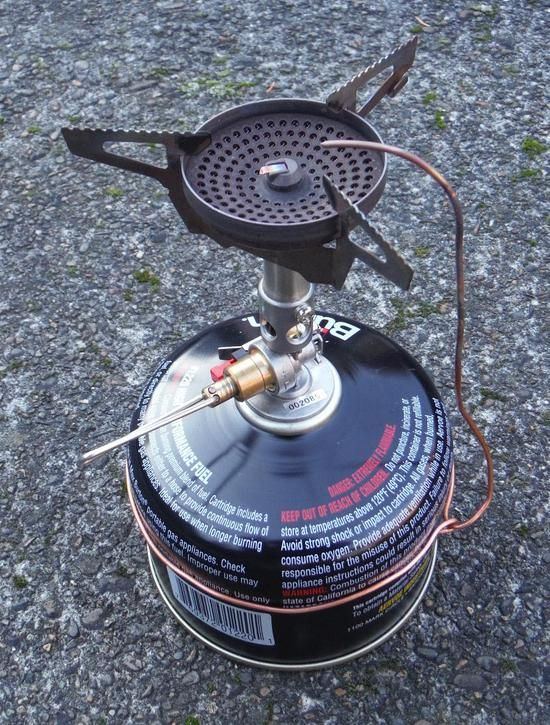From the www.
High-altitude cooking is the opposite of pressure cooking in that the boiling point of water is lower at higher altitudes due to the decreased air pressure. This may require an increase in cooking times or temperature and alterations of recipe ingredients. For home cooking, this effect becomes relevant at altitudes above approximately 2000 feet (600 m). At that altitude, water boils at approximately 208 °F (98 °C) and adjustments sometimes need to be made to compensate for the reduced air pressure/water boiling point.
Based on the standard sea-level atmospheric pressure (courtesy, NOAA):
Altitude, ftBoiling point of water, °F
0' (0m)212 °F (100 °C)
500' (152m)211.1 °F (99.5 °C)
1,000' (305m)210.2 °F (99 °C)
2,000' (610m)208.4 °F (98 °C)
5,000' (1524m)203 °F (95 °C)
6,000' (1829m)201.1 °F (94 °C)
8,000' (2438m)197.4 °F (91.9 °C)
10,000' (3048m)193.6 °F (89.8 °C)
12,000' (3658m)189.8 °F (87.6 °C)
14,000' (4267m)185.9 °F (85.5 °C)
Source: NASA[1]
How about that egg we want to cook on top of a high mountain, say at 10,000 feet?
We now know that the water will boil at a lower temperature on top of the mountain at lets say, 185 degrees Fahrenheit. To hard-boil an egg at sea level takes say, five minutes at 212 degrees Fahrenheit.
Now, there is a very good law in chemistry that states "You cannot get something for nothing" (the left-hand value of an equation must equal the right-hand value). Time multiplied by temperature equals a hardboiled egg. That is to say, 212 times 5 equals a hardboiled egg.
If the temperature of the boiling water on the mountaintop is 185 degrees Fahrenheit, then the time taken to cook the egg will have to INCREASE to get our hardboiled egg. Our equation to equal a hardboiled egg cannot change. (185 times extended time equals hardboiled egg.) It is no different to cooking a piece of steak or cooking the potatoes. You can cook at a low temperature for a long time, or a high temperature for a short time.
It is time and temperature that does the cooking. It has nothing to do with whether the water is boiling. That is only a physical phenomenon that you can see. You have to measure for temperature and time, as these are the two factors that determine when the egg is hardboiled.


